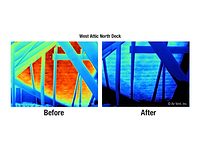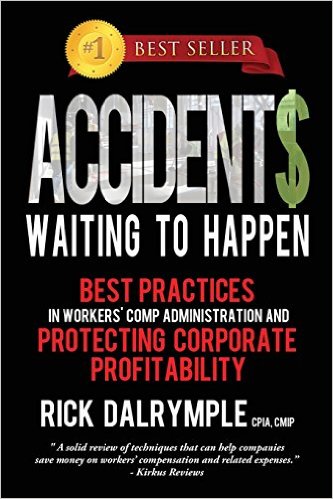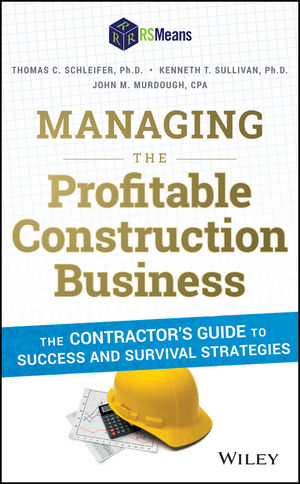
One of the topics of this month’s issue of Roofing Contractor is “Distribution and the Supply Chain,” the area of the industry this editor has worked in for the past quarter century. In addition to being an observer of the roofing industry overall, I have a keen interest in the supply chain.
The key theme for roofing distribution over the past several years has been “change.”
The continuing consolidation of roofing-oriented distribution was highlighted last year with the acquisition of Bradco Supply by ABC Supply Company. ABC Supply led the consolidation movement when they started in the 1980s. But they are not the only ones as other consolidators still compete to acquire smaller distributors and expand their geography.
The implosion of the housing industry has ushered in some new competition for roofing contractors that has caused some ripples throughout the supply chain. Builders who are now remodelers and re-roofers are bringing along some of their former suppliers who are making significant impact on the roofing supply chain. This has been especially evident in markets hit by storm damage. In addition to full-line building supply centers focusing on roofing, “big box” retailers are making targeted moves in some locations as well.
Roofing-oriented distributors offer products and services to roofing contractors that very few building supply generalists or big box retailers are willing or able to provide. But failing to pay attention to emerging competition can be deadly for any company.
Roofing contractors who rely on a close relationship with their distributor and distributors who rely on their roofing contractor clientele should keep an eye on emerging trends and should discuss them. Another reason to speak with your supplier is “supply.” Some parts of the country will experience challenges in sourcing asphalt roofing this year. Recent price spikes are bad enough, but a slowdown in the supply pipeline could be damaging to any roofing enterprise as the roofing season progresses.
Speaking of services furnished by roofing-oriented distributors, a renewed focus by OSHA on fall protection is ushering in a new wave of behavior by distributors offering rooftop delivery services. Many roofing distributors have employed full fall protection practices for years and it now appears they, along with all roofing contractors, will all move to full compliance. So what does this mean to the supply chain? I do not know exactly, but I suspect a change in the way we have been doing business is on the horizon. Consider this: It does not make sense for the distributor to establish anchorage and tie-off systems only to take them down so the roofing contractor can turn around and do the same thing. Either they will work out a way to share a good practice and equipment or the distributor will get off the roof.
The practical reality is either another group of players (like builders and their suppliers) will figure out a way to do the work at a lower cost, or roofing contractors and their distributors will make the first play. The cost of properly training and equipping people to safely work on the roof under today’s rules is too great to double up on just to move product from the truck to the roof. And despite my belief that distributors should leave the roof to roofing contractors, I do believe in full fall protection and will practice it in my shop so long as we deliver to the roof.
Rick Damato
Editorial Director
rickdamato@yahoo.com








